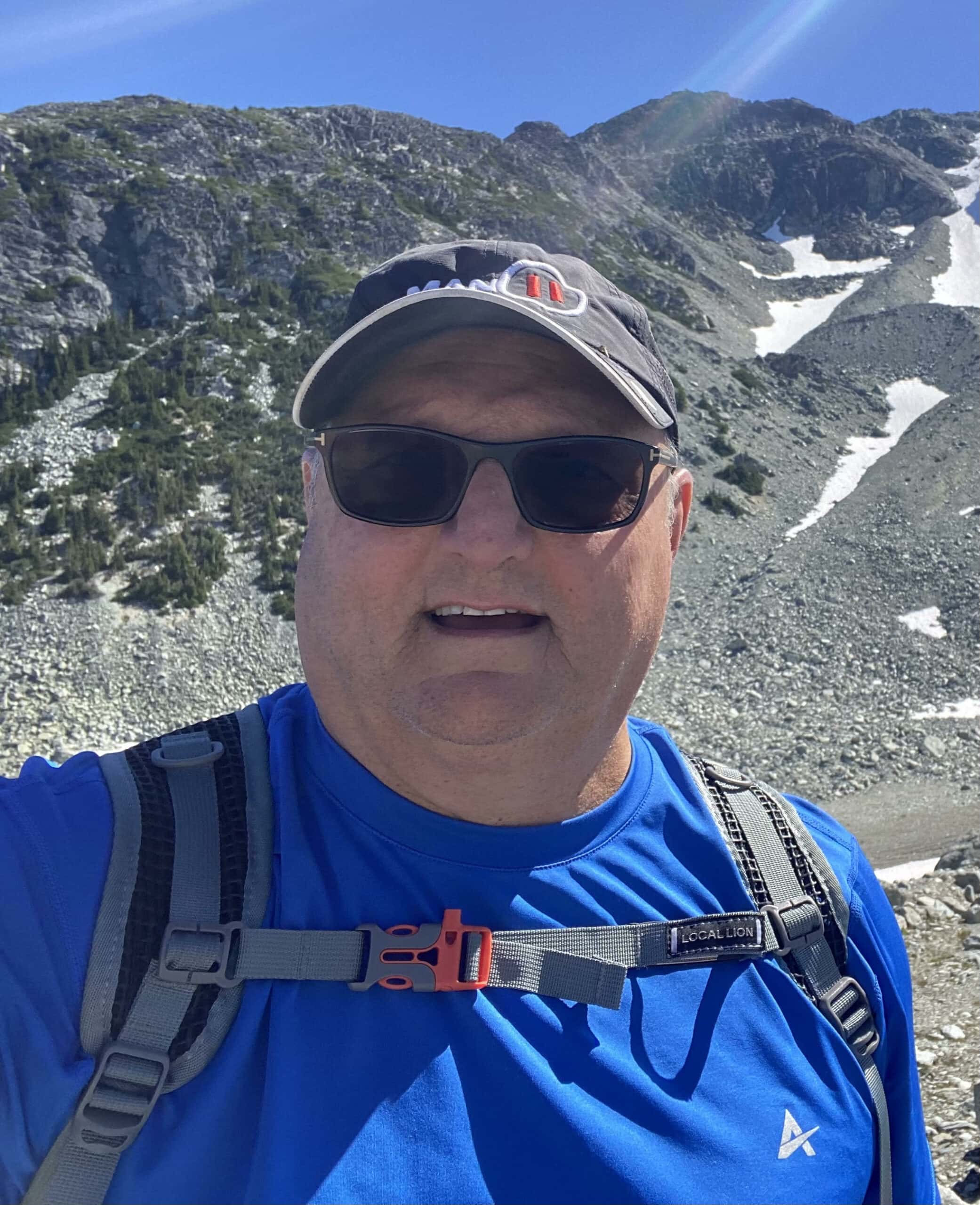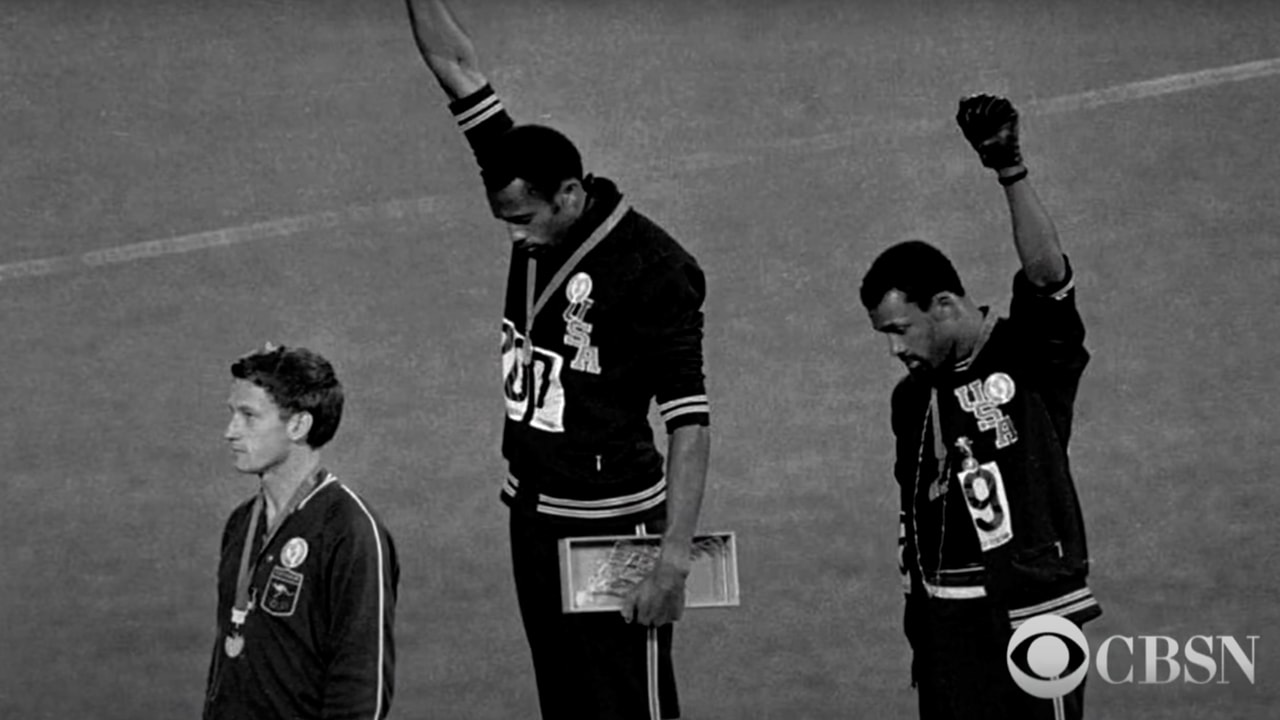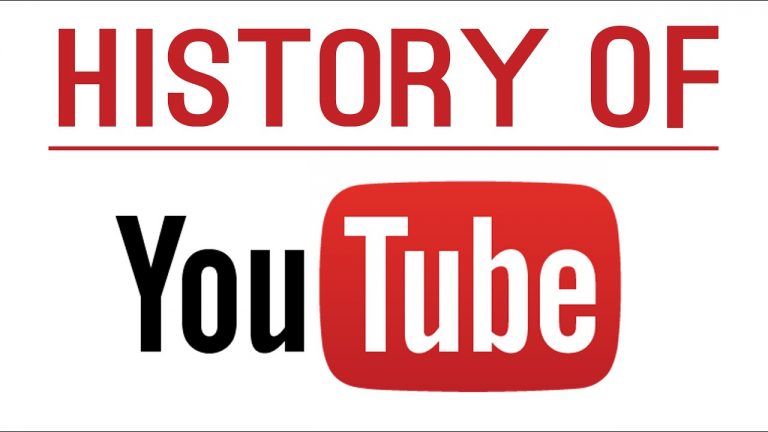It’s a bitter joke that Black History Month occurs in February, the shortest month of the year! The list of Black Americans that have enriched America is long, and their stories are both inspiring and poignant.
During Black History Month, we often hear the familiar names of famous African-Americans that have changed our country. Names like Rosa Parks, Louis Armstrong, Martin Luther King, Jr., Thurgood Marshall, Katherine Johnson, Jackie Robinson, Harriet Tubman, Jesse Owens, James Baldwin, W. E. B. Du Bois, Muhammad Ali, Frederick Douglass, Shirley Chisholm, and Henry Aaron, to name a few. That’s 14, half of the short month of February!!
Table of Contents
ToggleBlack History Month Heroes
So many great Black Americans go unheralded in our education system and media. During this Black History Month, I would like to present some less well-known, but critically important, African-American contributors to the greatness of our country, and whose stories have undeniably enriched the culture, stature, and soul of America.
Ralph Bunche (1904-1971) – Nobel Laureate/ Political Scientist
My first offering for Black History Month heroes is Ralph Bunche. I first learned the name Ralph Bunche in 1974 when I was a political science major at UCLA. Many of my classes were at the now iconic Bunche Hall.
Ralph Bunche was the valedictorian of UCLA’s class of 1927, and went on to earn a Master’s degree in Political Science and PhD in government and international relations at Harvard. He later went on to found the Political Science Department at Howard University.
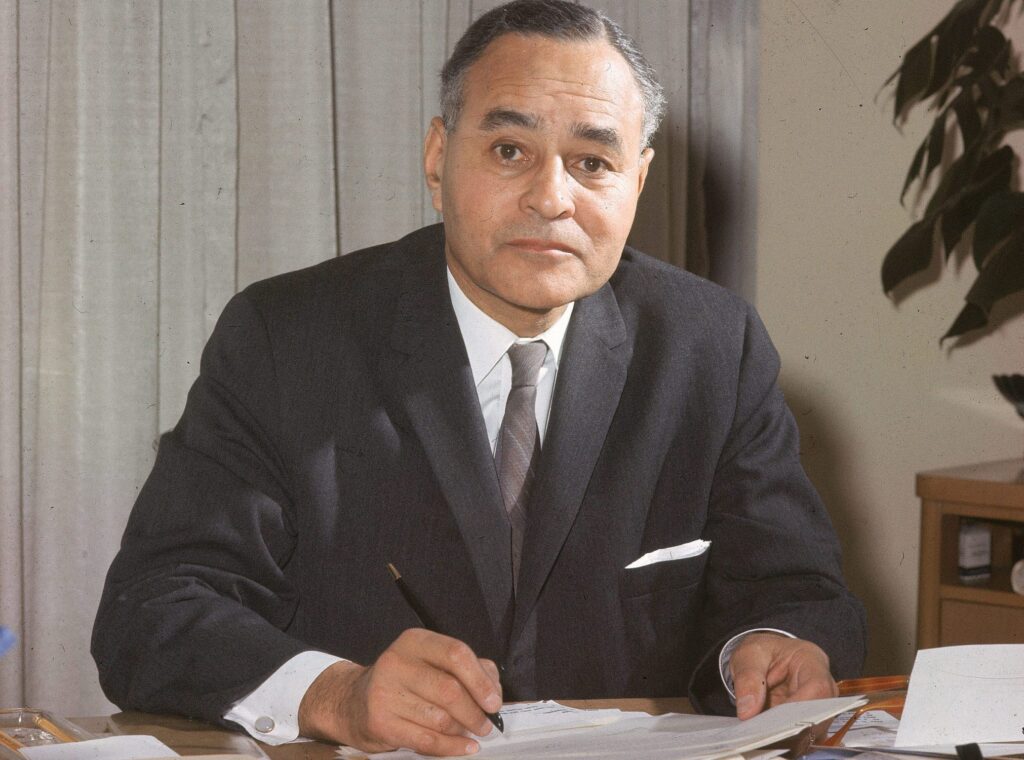
There are no warlike people-just warlike leaders
Ralph Bunche
Ralph Bunche went to work at the State Department and became the first African-American Desk Officer. He was intimately involved in the formation of the United Nations, and won the Nobel Peace Prize in 1950, the first Black American to do so, for negotiating a cease-fire between Israel and surrounding Arab countries.
He went on to win countless awards, including the Presidential Medal of Freedom. He left a permanent legacy of excellence, compassion, and honor in the fight for freedom and human rights around the world.
Garrett Morgan (1877-1963) – Inventor/ Entrepeneur
Garrett Morgan was the classic American success story. He was born in Kentucky to parents who were freed slaves. He attended school until age 14, when he had to quit to find work. He moved to Ohio and began working, making enough money to have a tutor help him finish his education.
After working as a sewing machine repairman, he opened his own machine shop and later, with his wife, opened a Ladies Clothing store, eventually having 32 employees.
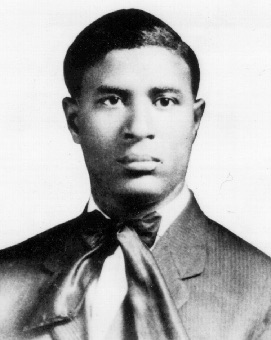
His interest in how things work led him to invent a variety of products, including a 3-light traffic signal spawned from witnessing car accidents at intersections. He also invented an early form of gas mask called a smoke hood which he actually used to save workers trapped in a 50-foot deep water tunnel!
He also discovered a hair-straightening liquid while tinkering with a solution for sharpening sewing needles. He started yet another company, the G.A. Morgan Hair Refining Company that successfully sold hair care products, including the hair-straightening solution.
By any measure, Garrett Morgan was a rags to riches American success story, and an essential name on the list during Black History Month.
Bessie Coleman (1892-1926) – Aviator
Bessie Coleman is an inspiring figure that was gone too soon. She was the first African-American woman to hold a pilot’s license, and the first black person to be awarded an International pilot’s license.
She was born in 1892 in Texas, one of 13 children. Her parents were sharecroppers, and she had to walk 4 miles to her school because of segregation. She was a good student and eventually went to college, but had to drop out after her first term due to lack of funds.
After moving to Chicago and working at various jobs, she became interested in the idea of flying after hearing returning World War 1 pilots describe their experiences. Since aviation schools were not open to women or blacks, an African-American newspaper publisher, Robert Abbott, bankrolled her to go to Europe to get her pilots license.
The air is the only place free from prejudices. I knew we had no aviators, neither men nor women, and I knew the Race needed to be represented along this most important line, so I thought it my duty to risk my life to learn aviation…
Bessie Coleman
Coleman took the initiative to learn French before heading off to France, where she eventually earned her International Pilots License.
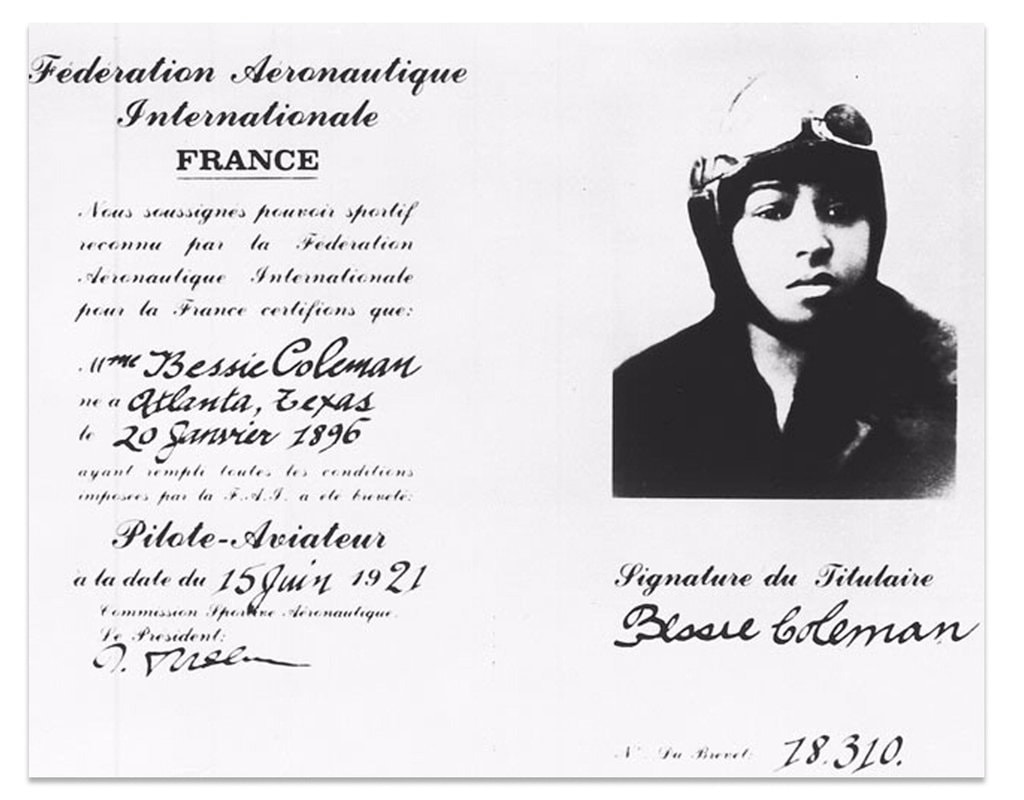
The only jobs in aviation available for a black female were barnstorming or cropdusting. She decided to get into the barnstorming profession, and actually went back to Europe to get additional specialty flying credentials and training. She studied with Anthony Fokker, designer of the famous airplanes, in the Netherlands. When she returned, she made a name for herself as a daredevil pilot, but also was intensely involved in combating racism and encouraging other African-Americans to pursue careers in flying.
Her goal of starting her own Flight School was never realized. She died at age 34 when a plane she had purchased that was poorly maintained went into a tailspin on a test flight. She was thrown out of the plane and fell to her death.
She was and has been an inspiration to those African-American aviators that followed her, not only for being a skilled pilot, but for breaking barriers and opening the doors for others. A true Black History Month icon.
Charles Drew (1904-1950) – Surgeon and Medical Researcher
Charles Drew was physician, general surgeon, and prolific medical researcher. Much of our blood bank infrastructure is the reult of the work done by Dr. Drew, and Black History Month would be incomplete without recognizing this great man.
He was born into a middle class family in Washington, DC, and showed an early interest in science. He attended prestigious schools like Amherst, McGill University in Montreal, where he got his MD, and Columbia University, where he became the first African-American to be awarded a Doctor of Science degree, the medical academic equivalent of a PhD.
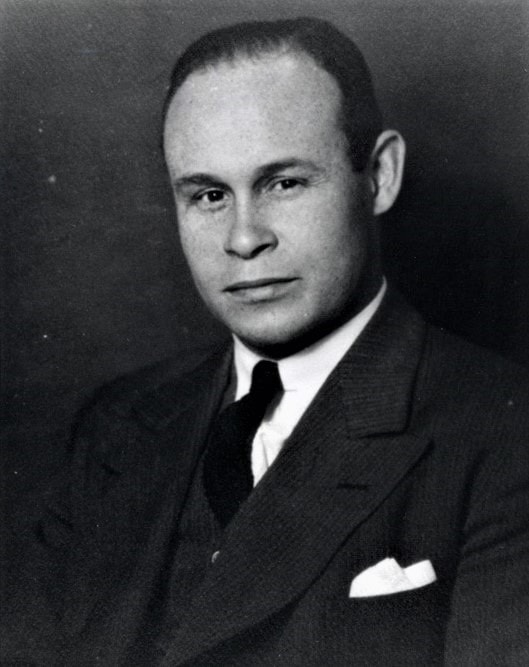
Despite attending these schools and obtaining honors such as Alpha Omega Alpha, the highest scholastic honor for medical students, he was still denied normal access to things like fraternities. He was an “off-campus” member of Omega Psi Phi because blacks were not allowed in fraternities at Amherst.
Despite this, he excelled and was appointed the director of the “Blood For Britain” program during World War 2, which was a vital lifeline for British troops fighting in the war. He developed new methods for collecting and banking blood products, and also started what would eventually evolve into our current bloodmobile system.
In 1941, he became the first director of the Red Cross Blood Bank. He again was crucial to its development and expansion. He ultimately resigned because of the Red Cross policy of excluding “non-white” blood from the supply.
Charles Drew went on to have a robust teaching and research career, but tragically was killed in car accident after a long day and night operating at a free clinic.
The Charles R. Drew University of Medicine and Science in Los Angeles stands as one of many memorials to this great man.
Phillis Wheatley Peters (c. 1753 – 1784) – Poet
Phillis Wheatley Peters was the first published African-American poet.
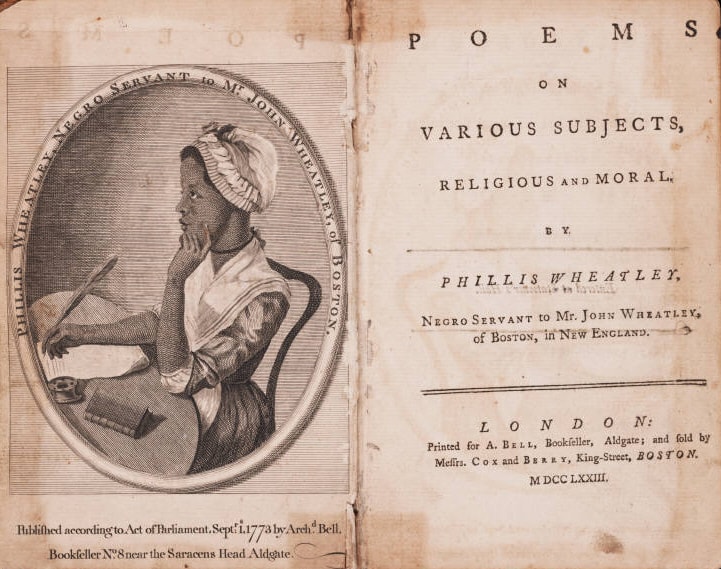
She was born in Africa, and was sold into slavery to a Boston family, the Wheatleys, when she was 7 or 8 years old. She was educated by the Wheatley children, and when she began writing poetry, she was encouraged to continue, even relieving her of her “household duties” to further her studies.
When she was 20, she accompanied Nathaniel Wheatley to London at the urging of his mother. One reason was the thought that she would have a better chance of being published. After being embraced by members of British high society, her first book of poems was published in London in 1773.
To show the lab’ring bosom’s deep intent,
And thought in living characters to paint,
When first thy pencil did those beauties give,
And breathing figures learnt from thee to live,
How did those prospects give my soul delight,
A new creation rushing on my sight?
Phillis Wheatley – Poems on Various Subjects, written about her friend Scipio Moorhead, an enslaved artist who engraved the frontispiece of her book.
Upon returning home to Boston, she was emancipated by the Wheatleys. She sent a copy of her book to George Washington, who invited her in March 1776 to his headquarters in Cambridge, Massachusetts!
She married John Peters, a free black grocer, but because of economic difficulties, he went to prison. She was unable to have any other works published as she had lost her benefactors, and the Revolutionary War was on. She sadly died, impoverished, on December 5, 1784.
Phillis Wheatley’s seminal work has been widely accepted as the birth of African-American literature. Her contributions to the culture and arts of America cannot be understated, and she deserves recognition during Black History Month and beyond.
Study The Legacy
These are just 5 more influential and important Black Americans who have made profound contributions to our culture and heritage. Black History Month reminds us to take the time to research this “forgotten” history, and to pay attention to all the current Black Americans who, with their exceptional minds and talents, continue to raise the bar.


